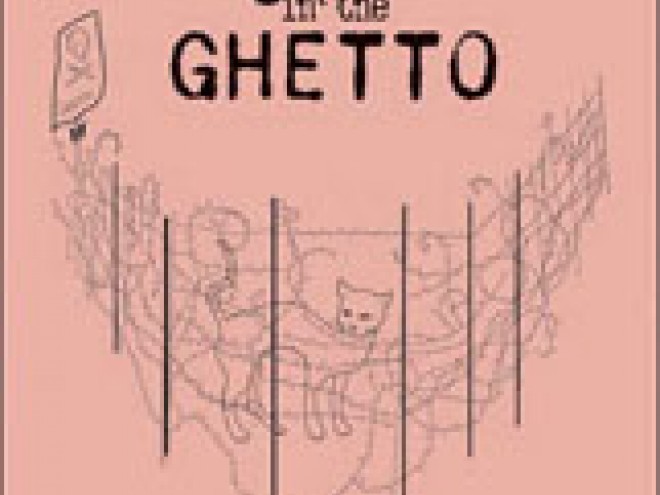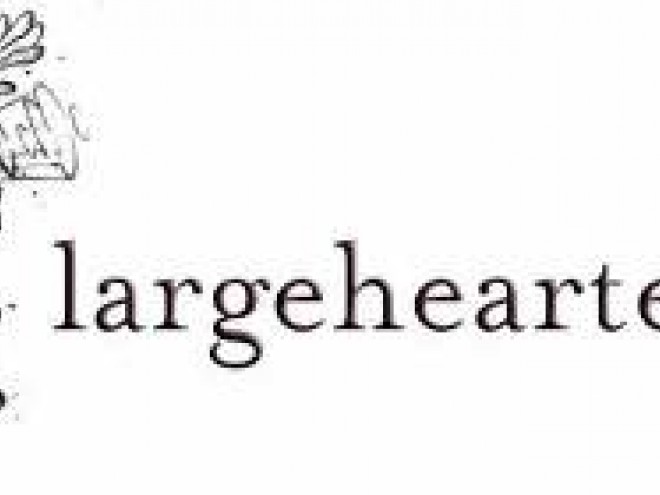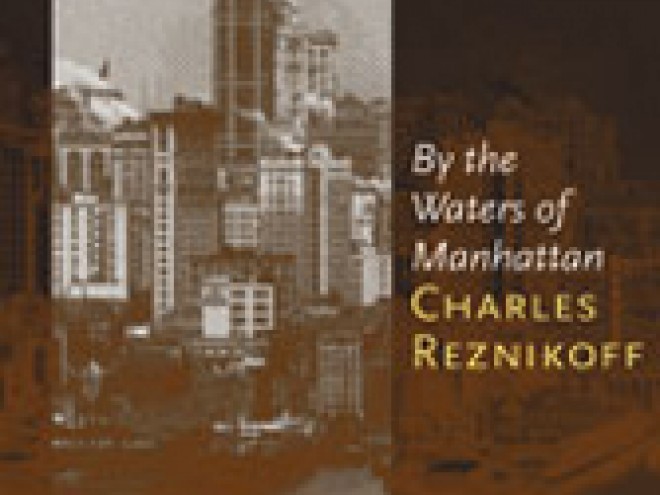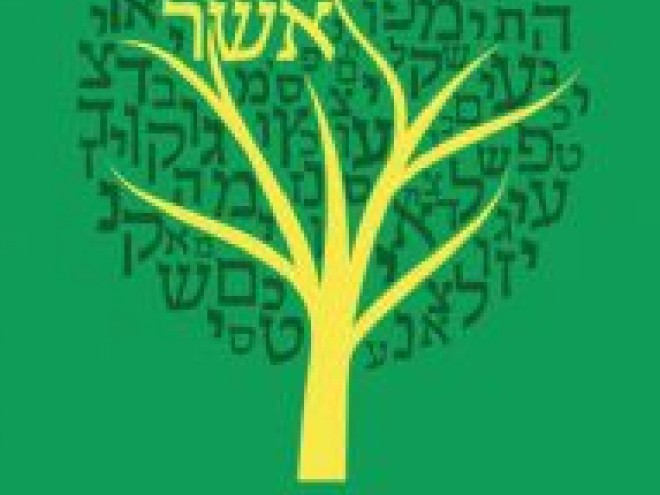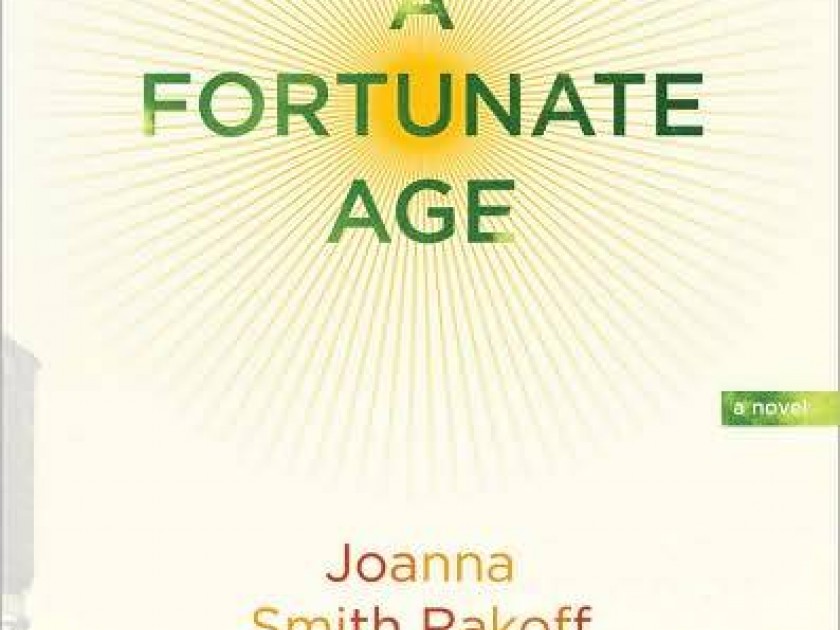
Over the past weekend I found myself completely absorbed in the literary universe of Joanna Smith Rakoff ‘s debut novel A Fortunate Age and wondering about the next generation of Jewish authors to emerge onto the literary scene. Rakoff’s novel opens with the line “[o]n a gray October day in 1998, Lillian Roth found herself walking down the stone-floored aisle of Temple Emanu-El, clad in a gown of dark ivory satin and flanked by her thin, smiling parents, who had flow into New York from Los Angeles…,” setting the stage for a cast of disillusioned twenty-somethings in search of their place in 21st century Manhattan. The “set” of friends (as Lillian Roth deems them) that Rakoff has envisioned seek to carve lives for themselves that evoke their liberal arts education, their intellectual capacity, and their nostalgia for the good old day of a more radically, intellectually charged Manhttan. For several of Rakoff’s characters, their Jewish heritage becomes a part of the backdrop – their Judaism is not front and center – but it’s a part of their foundation, making brief appearances throughout the book. None of the characters are particularly religious (although one does end up exploring Israel outside the boundaries of the narrative), and none comment on their Judaism as a negative factor within their life (or particularly positive) – it’s just a fact. They don’t wear it on their sleeve, but it’s there on the first page of the book, and it seeps back in throughout the course of the narrative.
Prior to reaing Rakoff’s novel, I had just finished Keith Gessen’s All the Sad Young Literary Men, which muses on a similar set of characters (albeit male) facing similar questions at the turn of the 21st century. Where does the liberally arts educated, idealistic, intellectual end up in today’s world? What does it mean to (finally) finish your Ph.D.? What’s next? Success? Failure? Disillusionment? Reality? Gessen’s debut novel touches on questions related to Judaism (specifically Israel) more directly than Rakoff, specifically in the character of Sam who sets himself to the task of writing the the Great Zionist novel (having never been to Israel), naively (he’s Jewish, so he must identify with Israel, right?) attempting to weave Israel into his identity. Like Rakoff’s novel, none of Gessen’s characters are particularly religious, but their Judaism does exist as inescapable part of their identity — even if it is is mostly in the backdrop. How does the non-religious, liberally arts educated, Jew, incorporate Judaism into their life without the traditional foundation? And then what does this mean for their children? How does Israel factor in? Does Jewish = Israel?
Two novels in two weeks that focus on Jewish twenty-something liberal arts graduates searching for themselves…with a little Judaism thrown in? A trend? We’ll keep you posted.
Originally from Lancaster, Pennsylvania, Naomi is the CEO of Jewish Book Council. She graduated from Emory University with degrees in English and Art History and, in addition, studied at University College London. Prior to her role as executive director and now CEO, Naomi served as the founding editor of the JBC website and blog and managing editor of Jewish Book World. In addition, she has overseen JBC’s digital initiatives, and also developed the JBC’s Visiting Scribe series and Unpacking the Book: Jewish Writers in Conversation.
